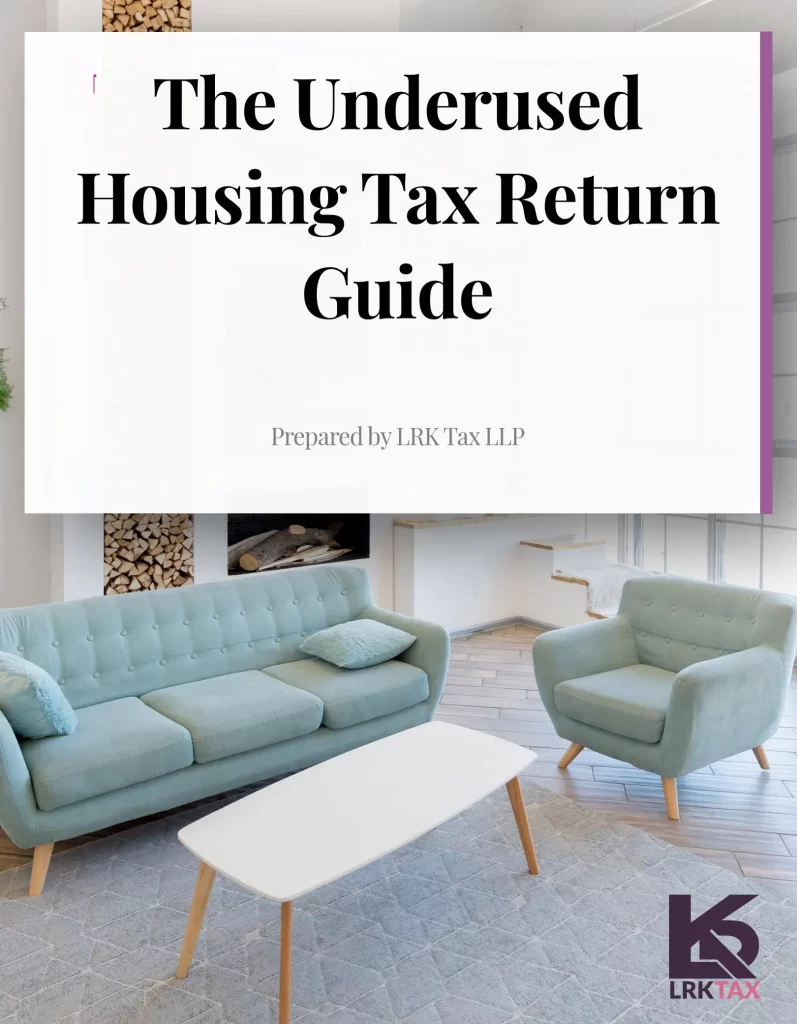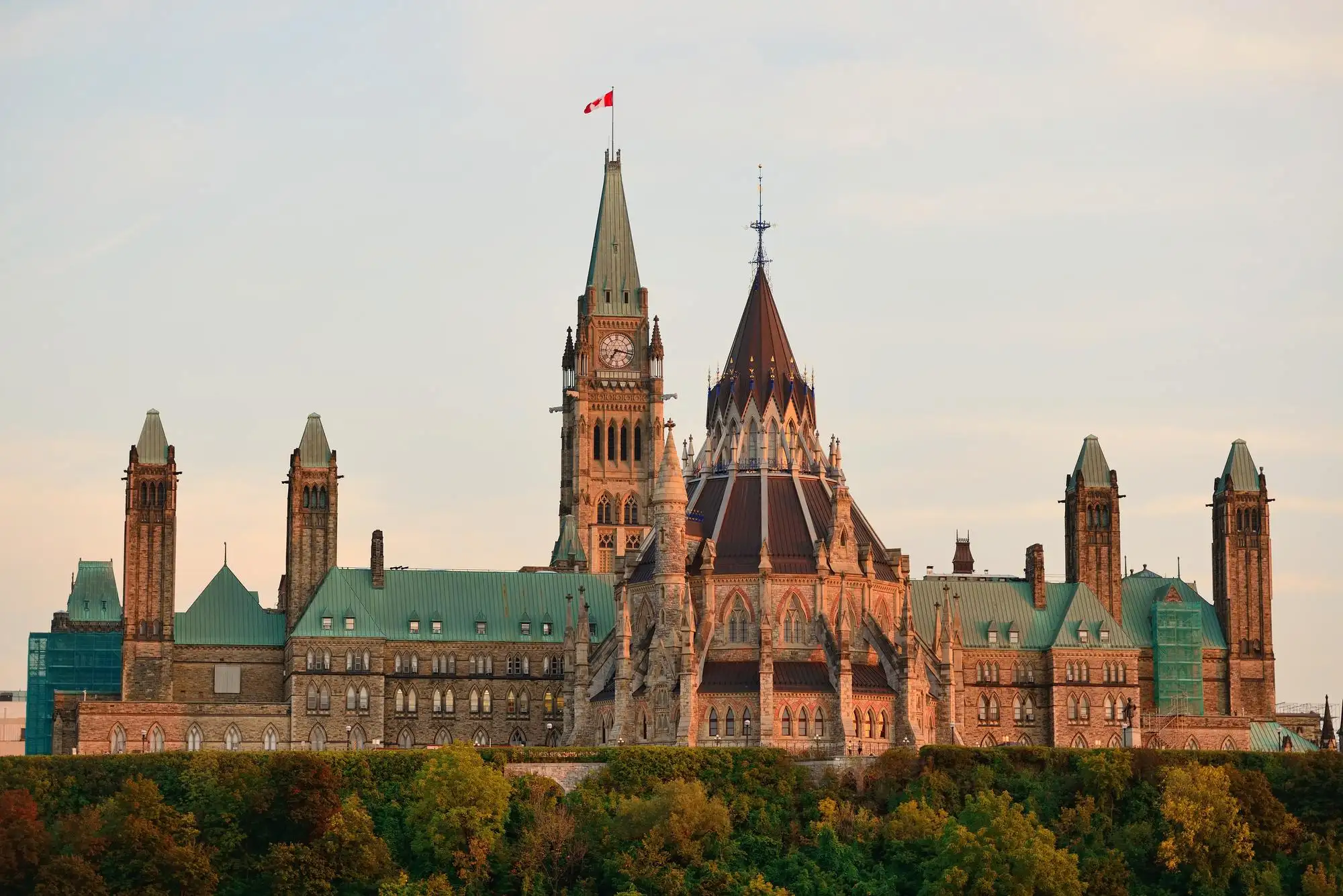Foreign owners of Airbnb properties may face the new Underused Housing Tax (UHT), a new tax introduced in 2022, which targets foreign real estate owners who do not reside in or rent out their properties. In this article, we highlight how the tax may still apply, even if the property is not considered “underused.” Property owners should file their UHT tax return by May 1, 2023, to avoid penalties of $5,000 to $10,000.
CRA’s position on UHT and short-term Airbnb rental properties
To be exempt from UHT, the property must have 180 days of occupancy in a year. In other words, someone must have had the right to live in it for 180 days. In computing the 180 days, the Canada Revenue Agency (CRA), in their form UHT-2900, excludes rentals that are for less than one month at a time. Even if you rented out your Airbnb for more than 180 days in total, none of those days may count if you rented it out for less than one month at a time. This means that most Airbnb rentals, which typically have an average length of 3 to 5 days, may be subject to the tax if no other exemptions are available.
Other Exemptions from the UHT for foreign Airbnb owners?
Some Airbnb owners may still be exempt from UHT. Detached residential homes with more than 3 self-contained “dwelling units” are automatically exempt from the rules. If a detached home has at least 4 separate rentable dwelling units with private kitchen, bath, and living areas, it is exempt from UHT even if the rentals are less than one month at a time. This strategy only works for detached homes and does not apply to semi-detached homes, townhouses, or condos.
If you have at least 3 self-contained units at the moment, a strategy could be to add in a fourth self-contained unit to:
- Increase your rental revenues;
- Keep more money in your pocket by not having to pay UHT; and
- Not have to worry about filing a UHT return every year and be subject to penalties
Note that this strategy does not work with semi-detached homes, townhouse units, or condos and is only available for detached homes. And it may not always be practical, even if possible.
Conclusion
Foreign owners who rent their residential property short-term could be liable to pay UHT unless another exemption is available. A closer look at the tax legislation may suggest that there could be an alternative interpretation to the rules, but that is beyond the scope of this article and one that does not seem to be supported by CRA. Foreign owners of Airbnb properties in Canada should reach out to their accountants well ahead of the May 1, 2023, filing deadline to understand their obligations.
How to prepare the UHT Return Guide
Please feel free to consult our guide on How to Prepare the Underused Housing Tax Return for more information.
We’re happy to help
If you have any questions about our article, please feel free to schedule a free consultation with one of our team members.



